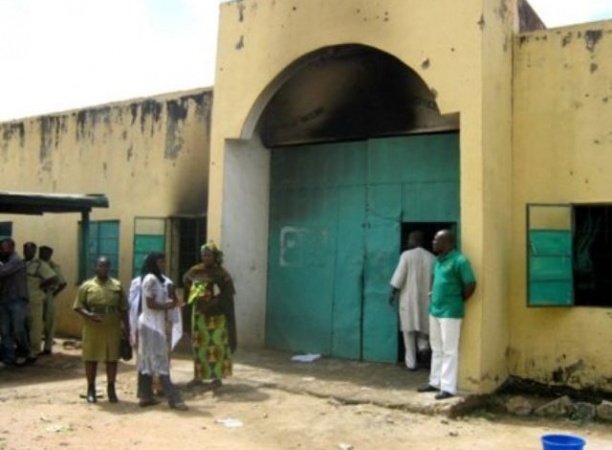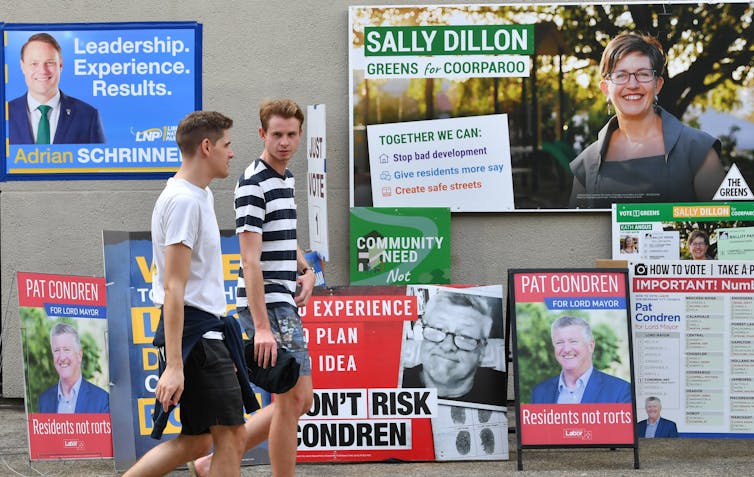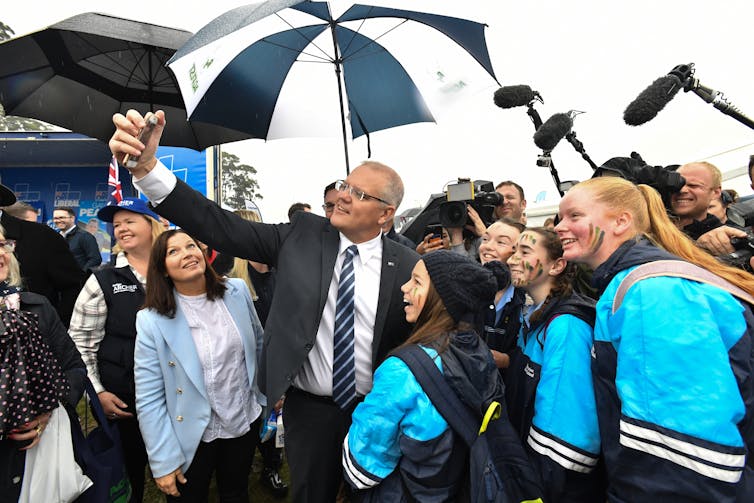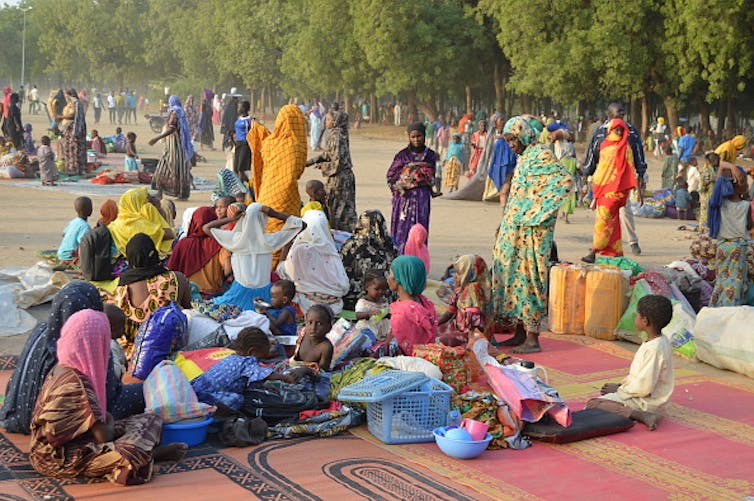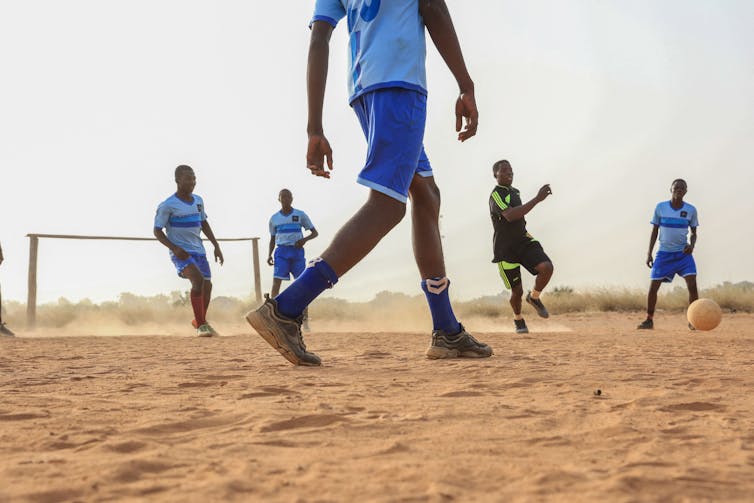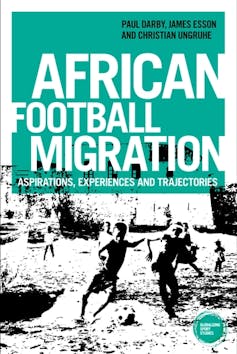Stephanie Otobo, a Nigerian-Canadian musician, accused Apostle Suleman of attempting to conceal their alleged sexual activity in a Twitter post.
Stephanie Otobo accused Apostle Suleman of attempting to silence her using Nigerian Police operatives after sharing private photos of a purported video call with the ‘man of God.’
Pastor of Omega Fire Ministries Worldwide, Apostle Johnson Suleman, is at the center of a roiling sex scandal involving him and a Canada-based nightclub stripper and dancer, Stephanie Otobo.
Otobo, also known as Kimora, had released on the Internet a set of damaging lurid snap chat shots allegedly of herself and the pastor, whom, she claimed, impregnated and dumped her.
Otobo, who said she started a relationship with the preacher sometime in 2015, accused him of lying that he had divorced his wife and would marry her ( Otobo) instead. She claimed that the priest invited her to Europe, where he severally slept with her, after church programs.
Although Suleman has denied the charge, accusing her of blackmail and being a tool of political persecution, more damning revelations by the girl have further raised questions requiring convincing answers and put him to a hard test as to the definition of the exact relationship between them. With his alleged compromising nude photographs, which have gone viral on the web, the Canada-based stripper, has, as it were, not only bared the pastor’s nakedness but also stripped him of virtually all public respectability and reverence.
The Story
An exasperated Kimora alleged that Apostle Suleman started an affair with her in 2015 after telling her that he was divorced and wanted more male children. Their affair came to a sour end when Stephanie discovered she was pregnant in September 2016 and informed the pastor.
She said she lost the pregnancy after she alleged that she was given a concoction to drink by Suleman.
Petition
The climax was when her counsels, led by Festus Keyamo, petitioned the embattled pastor on March 4 and copied the Inspector-General of Police. In the petition, Kimora alleged that the pastor told her he was divorced from his wife and promised to marry her after meeting with her family for a formal introduction.
Kimora revealed that she abandoned her lucrative career, cars, friends, and house in Canada because Suleman promised to buy her a house in Nigeria and came back to the country only to be dumped by the pastor!
In another letter dated March 3, her lawyers demanded N500 million in damages and gave Suleman a seven-day ultimatum to meet her demands.
Stephanie Otobo Slams 15-count Charge on Apostle Suleman
Canada-based Nigerian songstress, Stephanie Otobo has filed a lawsuit, claiming Canadian $5milion for damages.
Below is a list of the charges published:
1. Breach of trust
2. Breach of fiduciary relations
3. Breach of contract
4. Negligence
5. Defamation
6. Poisoning
7. Intentional and negligent infliction of emotional stress
8. Forcible confinement
9. Multiple instances of battery
10. False imprisonment
11. Fraud
12. Assaults
13. S*xual assaults
14. S*xual harassment
15. Harassments and malicious prosecution.
Stephanie Otobo‘s allegations
1. That the picture of the pastor’s penis is documented by her lawyers.
2. That she received millions from the pastor.
3. That they had sex in Nigeria and abroad.
4. That there are documented chats between her and Apostle Suleman with lewd conversations and pictures.
5. That the pastor enjoys kinky s*x, fellatio, and threesomes.
6. That he told her that he stopped having sex with his wife.
7. That licking her makes him speak in tongues better.
8. That since their affair started in 2015, she was pregnant for him but lost the baby mysteriously.
9. That the pastor paid ladies N400,000 per romp.
10. That he promised her marriage.
11. That when the affair waned, he began threatening her.
Apostle Suleman claims innocence
In a swift reaction through his media aides, the pastor distanced himself from the arrest, claiming that he had never met Kimora whom he admitted was a prostitute who was a beneficiary of his charity works with the full knowledge of his wife.
Absolving the pastor of any wrongdoing, the statement claimed that the lady and her boyfriend had been trying to blackmail him, and the Apostle encouraged them to go ahead and reported the situation to security agents, who eventually arrested her and charged her to court.
On his own, the Pastor had gone on Twitter to refute the accusations.
Hear him:
“They said I did an introduction, will I not meet with her family members if I did? The truth of the matter is that she was hired by some people who are unhappy about my ascendancy, to come from Canada for the blackmail.
“They paid her N1.5m to go ahead with the blackmail. She informed her friends about it and one of her friends told my church member. That was how someone was made to tail her and that was how she was arrested.
Pastor Suleman’s wife intervenes
Obviously aware that her husband’s reputation was at stake, his wife of 17 years, Lizzy, reacted as the crisis snowballed, declaring that her husband was not the man in the picture: “I don’t like media appearances, but for the purpose of clarity I have to speak. I have known my husband for the past 19 years and if you are living with a man who is promiscuous you will know. Mrs. Suleman described the purported photos of her husband, published online, as fake, Mrs. Suleman said that her husband’s alleged persecution is the handiwork of the powers that be in the political circles.
Meanwhile, as the Seven-Day ultimatum expired Thursday, Suleman declared that within 24 hours, the truth would be revealed and his enemies put to shame.



